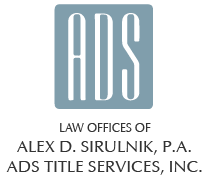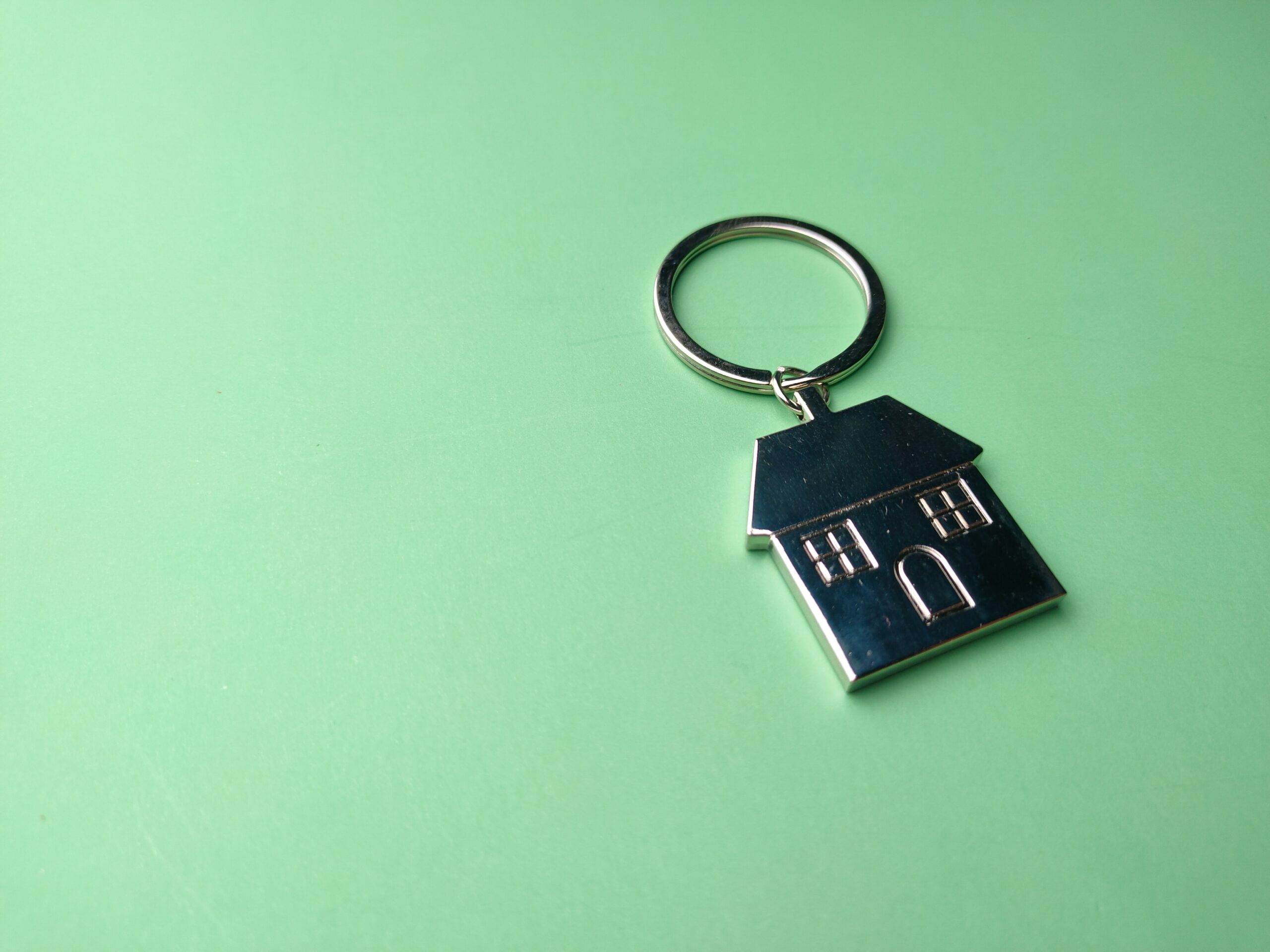
Owning and managing commercial property carries a lot of risk for landlords. What if the tenant defaults on its lease or the business goes bust? These are real concerns that were made all-the-more apparent during the 2008 financial crisis, and it’s one reason why personal guarantees have become part of our shared vocabulary when talking about commercial lease agreements in Florida.
To prevent the metaphorical ship from sinking, many commercial property owners in Florida now require a personal guarantee in addition to a signed commercial lease. Here’s what to know about how personal guarantees work and what they mean for tenants and landlords seeking out property in Miami.
What is a Personal Guarantee?
A personal guarantee has become increasingly commonplace for commercial lease agreements and business loans in the past decade and a half. As much as we’ve all been advised to keep personal and business assets separate, lenders and landlords today typically require someone to be liable – and that someone can’t just be a business entity or LLC.
Why? Because without a personal guarantee, a landlord will not have much in terms of recourse if a tenant simply goes dark. A personal guarantee protects the landlord and ensures that someone will have to pay up if the business closes its doors or defaults on its agreement.
Can You Negotiate the Terms of a Personal Guarantee?
Personal guarantees are designed to benefit the landlord in a commercial lease agreement, but they may also restrict the tenant pool if a landlord is not willing to consider possible negotiations.
To strike a balance, an option commercial property owners might consider is to draft a limited personal guarantee, rather than unlimited. For example, a limited personal guarantee might cap the obligations under a personal guarantee at 24 months rather than for the full length of the lease term (a.k.a. an “unlimited guarantee”). Alternatively, some might consider offering a rolling guarantee. One that would put a maximum threshold, say 18 months from the date of default, as a period of time for which the personal guarantee is enforceable. The implications of a personal guarantee on commercial lease agreements in Florida must be seriously weighed by tenants and landlords. For help understanding the legal obligations and risks associated with personal versus corporate guarantees, talk to an experienced Florida real estate attorney. Our team at the Law Offices of Alex D. Sirulnik, P.A. can help with all areas of corporate and real estate law. Contact us today to schedule a consultation.



